 At this presentation on the effects of the COVID-19 pandemic on financial inclusion, which was subtitled “Navigating the Uncharted Sea of Insolvency,” Lucia Spaggiari of MFR (formerly known as Microfinanza Rating) predicted that the solvency challenges brought on – or simply exacerbated – by the pandemic may haunt institutions for the next 10 years. Although she described the solvency challenges of 2020 as “not drastic,” 22 percent of financial services providers (FSPs) in her dataset still significant solvency risk. Ms Spaggiari believes this may increase to as high as 34 percent over the next two years.
At this presentation on the effects of the COVID-19 pandemic on financial inclusion, which was subtitled “Navigating the Uncharted Sea of Insolvency,” Lucia Spaggiari of MFR (formerly known as Microfinanza Rating) predicted that the solvency challenges brought on – or simply exacerbated – by the pandemic may haunt institutions for the next 10 years. Although she described the solvency challenges of 2020 as “not drastic,” 22 percent of financial services providers (FSPs) in her dataset still significant solvency risk. Ms Spaggiari believes this may increase to as high as 34 percent over the next two years.
As for the potential effects on clients, there are clusters of greater risk among: FSPs in sub-Saharan Africa, where 17 percent of institutions are in danger; smaller FSPs, those with assets under USD 10 million; FSPs with

 Police in the Buikwe district of Uganda recently arrested six employees of Moskal Enterprises Uganda Limited, a moneylending firm based in the Luwero district, for impersonating staff of the
Police in the Buikwe district of Uganda recently arrested six employees of Moskal Enterprises Uganda Limited, a moneylending firm based in the Luwero district, for impersonating staff of the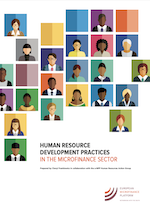 resources (HR) is a critical success factor for financial institutions to become – and remain – competitive in a changing and increasingly complex business environment. Although most institutions would agree that HR functions – recruitment, onboarding, performance management, training and development, among others – are important, some questions remain: How can HR functions be carried out in a strategic and sustainable way? Are MFIs in a strong position to develop and retain the workforce they need to pursue their business and social objectives? How can they strengthen their capacity in these areas?
resources (HR) is a critical success factor for financial institutions to become – and remain – competitive in a changing and increasingly complex business environment. Although most institutions would agree that HR functions – recruitment, onboarding, performance management, training and development, among others – are important, some questions remain: How can HR functions be carried out in a strategic and sustainable way? Are MFIs in a strong position to develop and retain the workforce they need to pursue their business and social objectives? How can they strengthen their capacity in these areas?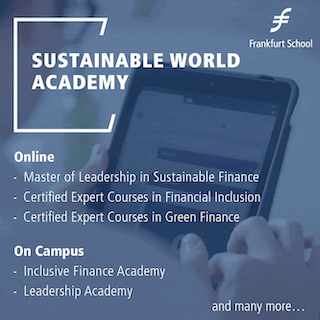
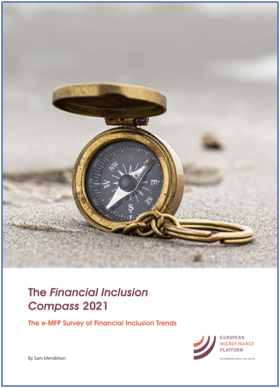

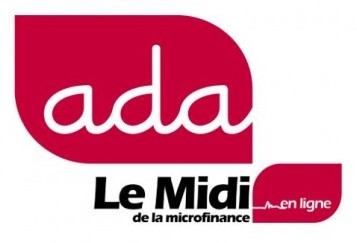 53rd Midi de la Microfinance, held by Luxembourg-based NGO ADA Microfinance, will focus on cybersecurity as it relates to financial inclusion in Africa. This includes suggested “points of attention and concrete actions” microfinance institutions may use to minimize the risks associated with
53rd Midi de la Microfinance, held by Luxembourg-based NGO ADA Microfinance, will focus on cybersecurity as it relates to financial inclusion in Africa. This includes suggested “points of attention and concrete actions” microfinance institutions may use to minimize the risks associated with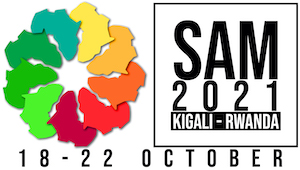 ADA: It’s official! The largest event in inclusive finance on the African continent, the long awaited African Microfinance Week (AMW 2021), will take place in Kigali, in the land of 1,000 hills and mountains: Rwanda. From October 18 to October 22, 2021, the SAM will address the theme of resilience, a concern that is all the more important in these particular times.
ADA: It’s official! The largest event in inclusive finance on the African continent, the long awaited African Microfinance Week (AMW 2021), will take place in Kigali, in the land of 1,000 hills and mountains: Rwanda. From October 18 to October 22, 2021, the SAM will address the theme of resilience, a concern that is all the more important in these particular times.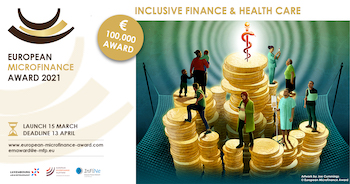 Why was “Inclusive Finance and Health Care” chosen as the topic of the European Microfinance Award 2021?
Why was “Inclusive Finance and Health Care” chosen as the topic of the European Microfinance Award 2021?